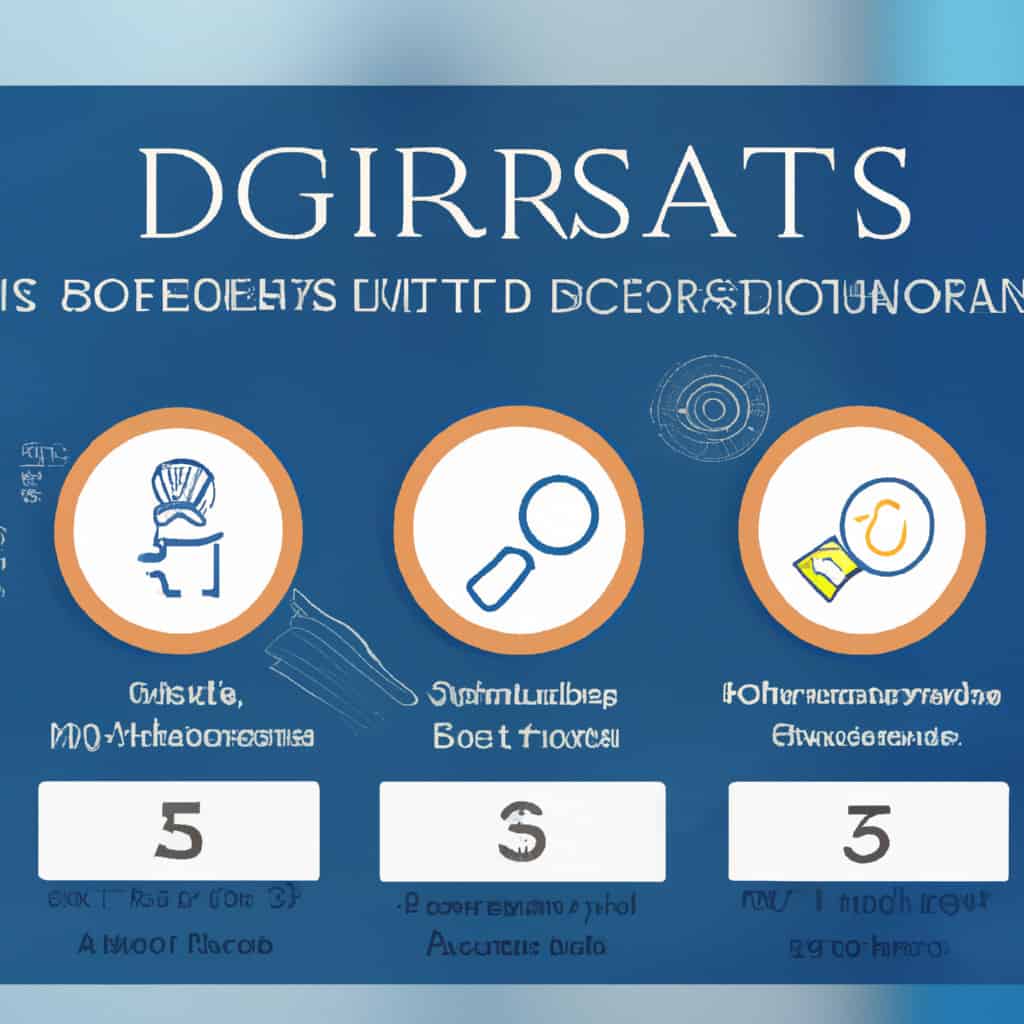In the realm of electronic discovery (ediscovery) processes, legal professionals are tasked with uncovering the most effective software solutions available. These tools boast features such as data identification, preservation, collection, and review capabilities, all aimed at simplifying the ediscovery process.
By exploring their user-friendly interfaces, search functionalities, and data analytics options, law firms and legal departments within organizations can efficiently manage electronic data for legal proceedings.
This article aims to present the top five ediscovery software solutions, providing an objective and analytical perspective for the discerning audience.
Key Takeaways
- Efficiently identify relevant data within vast amounts of electronically stored information (ESI)
- Ensure the integrity and authenticity of the data throughout the ediscovery process
- Reduce time and effort required for reviewing large volumes of documents through automated document review
- Improve the efficiency and accuracy of the review process through advanced algorithms and machine learning
Key Features for Simplifying the Ediscovery Process
Key features such as data identification, preservation, collection, and review capabilities are essential for simplifying the ediscovery process in order to efficiently manage electronic data for legal proceedings.
Advanced data identification allows for the efficient and accurate identification of relevant data within a vast amount of electronically stored information (ESI). This feature helps to streamline the process by eliminating the need for manual sorting and categorization of data.
Preservation capabilities ensure the integrity and authenticity of the data throughout the ediscovery process, preventing any unauthorized alteration or deletion.
Automated document review is another key feature that significantly reduces the time and effort required for reviewing large volumes of documents. This feature utilizes advanced algorithms and machine learning to identify relevant documents, improving the efficiency and accuracy of the review process.
These key features play a crucial role in simplifying the ediscovery process, enabling legal professionals to effectively manage electronic data for legal proceedings.
User-Friendly Interfaces for Easy Navigation
The user-friendly interfaces of these ediscovery software solutions provide a seamless navigation experience for legal professionals involved in electronic discovery processes. These interfaces are specifically designed to be intuitive and easy to use, minimizing the learning curve for users.
The software solutions offer a range of features and functionalities to assist with data identification, preservation, collection, and review, all accessible through a user-friendly interface. The goal is to enhance user satisfaction by providing a straightforward and efficient workflow.
Additionally, these software solutions often offer training resources to help users become familiar with the interface and maximize their productivity. These resources may include user manuals, video tutorials, and online support forums.
Advanced Search Functionalities for Efficient Data Retrieval
Advanced search functionalities in ediscovery software solutions enable efficient retrieval of data, enhancing the overall effectiveness of the data management process.
These advanced search techniques and data retrieval strategies play a crucial role in facilitating the identification and extraction of relevant information from vast amounts of electronically stored data (ESI).
By utilizing sophisticated search algorithms and Boolean operators, these software solutions allow legal professionals to refine their search queries and obtain precise results in a timely manner.
Additionally, these tools often offer advanced filtering options, such as date ranges, file types, and metadata attributes, further streamlining the data retrieval process.
The ability to quickly and accurately retrieve pertinent data greatly improves the efficiency of legal professionals, enabling them to focus their efforts on analyzing and reviewing the retrieved information.
This ultimately leads to more informed decision-making in legal proceedings.
Data Analytics Options for In-depth Analysis
Data analytics options provide a comprehensive approach to conducting in-depth analysis of electronically stored data (ESI), allowing for a thorough examination and extraction of valuable insights. These options offer a range of features and functionalities that enable legal professionals to gain a deeper understanding of the data they are working with.
Here are four key aspects of data analytics options for in-depth analysis:
-
Visualization: Data analytics tools provide visual representations of complex data sets, making it easier to identify patterns, trends, and outliers.
-
Predictive analytics: These options utilize advanced algorithms to predict future outcomes based on historical data, enabling legal professionals to make informed decisions and develop effective strategies.
-
Text mining: Data analytics options employ text mining techniques to extract relevant information from unstructured data sources such as emails, documents, and social media posts. This helps in uncovering hidden insights and understanding the context of the data.
-
Data profiling: These options allow for the examination and profiling of data, enabling users to understand its structure, quality, and completeness. This helps in identifying potential issues and ensuring the reliability of analysis results.
Streamlined Data Management for Legal Proceedings
Streamlined data management for legal proceedings involves the utilization of software solutions that offer features such as data identification, preservation, collection, and review capabilities. These software solutions are designed to simplify the complex process of managing electronic data in legal proceedings.
One key aspect of streamlined data management is the implementation of effective data preservation techniques. This ensures that relevant data is properly identified and preserved for legal purposes, reducing the risk of data loss or tampering.
Additionally, software solutions that offer document review capabilities can greatly improve the efficiency and accuracy of the document review process. These tools often employ advanced search functionalities and data analytics options, allowing legal professionals to quickly and accurately identify relevant documents and extract important information.
Conclusion
In the realm of electronic discovery (ediscovery), legal professionals require the best software solutions to efficiently manage electronic data for legal proceedings. The five top ediscovery software solutions offer features like data identification, preservation, collection, and review capabilities, simplifying the ediscovery process.
With user-friendly interfaces, advanced search functionalities, and data analytics options, these tools empower legal professionals to navigate through vast amounts of data with ease and retrieve information efficiently.
By streamlining data management, these software solutions prove to be invaluable assets for law firms and legal departments alike.
